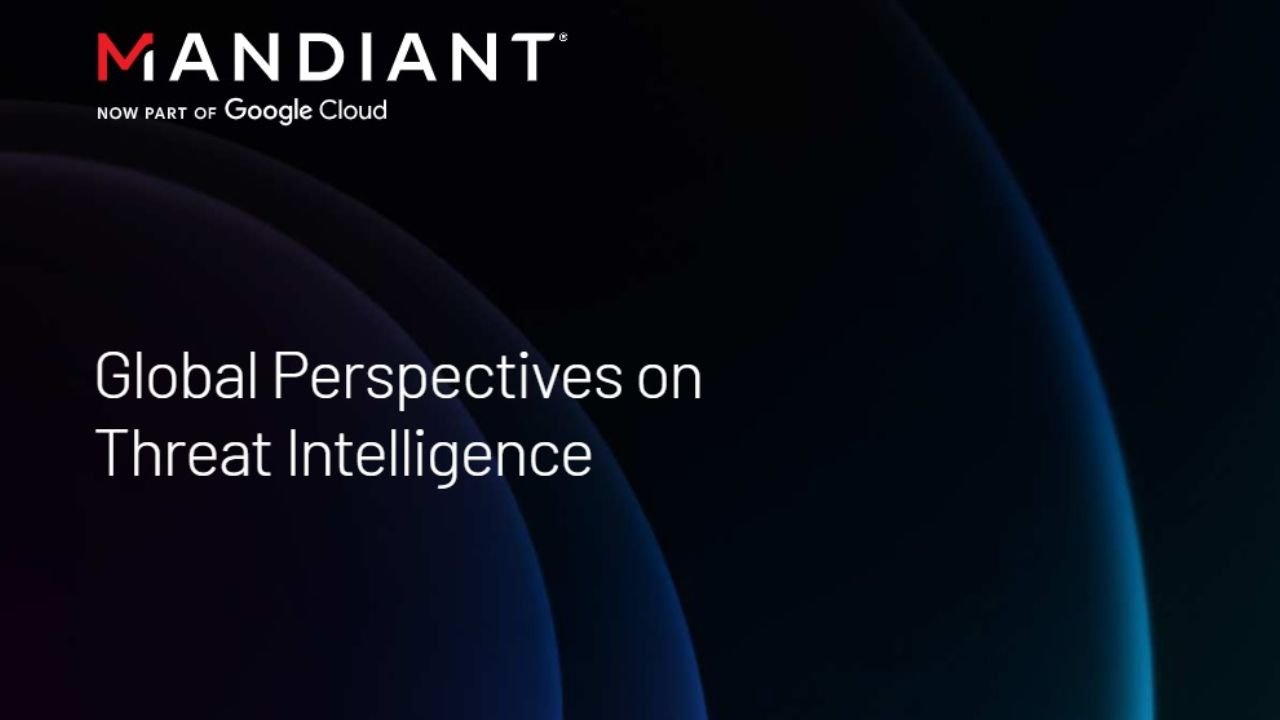Challenges using threat intelligence to enhance an organisation's cybersecurity affect approaching half (47%) of industry decision-makers, as practitioners have struggled to convey intelligence's value to the rest of the C-suite, suggests a new poll from London-based cyber risk analysis provider Mandiant.
Mandiant's global survey of 1,350 cyber security decision-makers, dubbed "Global Perspectives on Threat Intelligence", suggests implementing cyber intelligence is among the profession's greatest challenges.
It isn't as if there's a problem with the intelligence data. An overwhelming majority (96%) of respondents said they were satisfied with the quality of intelligence that their organisation procures.
However 79% of participants in the poll reported most cyber security decisions went ahead without referring to briefings on the attacker's identity and status.
Around 67% of cyber security executives believed senior leadership continued to underestimate the sheer scale of cyber risks and likely impacts for their organisation.
A similar proportion (68%) agreed their company would need to enhance senior-level knowledge of the cyber threat landscape.
Mandiant's data report compiled responses from 13 countries in EMEA, APAC and North America across 18 industry verticals, including financial services, healthcare, and government agencies.
Another fascinating data strand categorised cybersecurity threats that companies felt most empowered to prevent.
Some 91% of respondents felt most confident countering financially-motivated threats, such as ransomware, followed by breaches by a hacktivist actor (89%), and attacks by hostile nation states (83%).
Russia ranked as the most prominent source of cyber threats, with 57% admitting a Russian attack would expose their company's defences, followed by China (53%), North Korea (52%), and Iran (44%).
Madiant vice president Sandra Joyce argued the data suggested further work was needed to adjust cybersecurity attitudes at a management level to integrate intelligence into decision making.
The publisher of the report is now a Google Cloud subsidiary, following an acquisition completed in September 2022.
Joyce said: "A conventional, check-the-box mindset isn’t enough to defend against today’s well-resourced and dynamic adversaries.
"Security teams are outwardly confident, but often struggle to keep pace with the rapidly changing threat landscape. They crave actionable information that can be applied throughout their organisation.”
UK organisations make particularly lucrative targets for cyber attackers in the present landscape, added Jamie Collier, EMEA senior threat intelligence adviser for Mandiant.
"Organisations in the UK remain high value targets for cyber threat actors. With a number of high profile breaches already this year, security professionals are more conscious than ever of the need for better security practices," Collier added.
"This research indicates that one of the biggest barriers to building stronger defences is the sheer volume of information: organisations must find better strategies for putting intelligence into action to regain much-needed focus and identify clear priorities.
"UK organisations need to put themselves on the front foot, and that can only be achieved by knowing your adversaries, implementing changes at speed, and ensuring cyber risks are communicated effectively amongst all stakeholders.”



Would you like to write the first comment?
Login to post comments